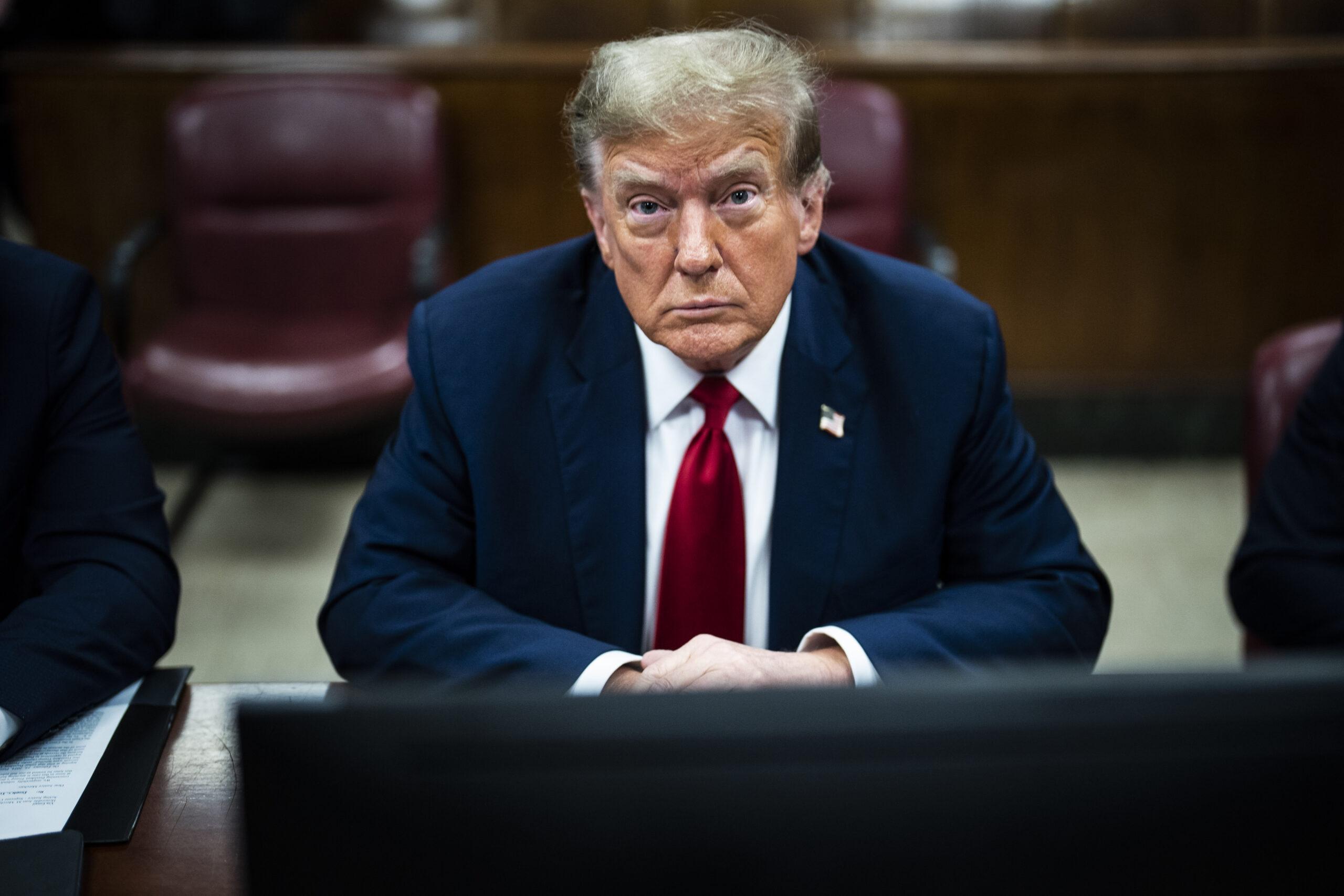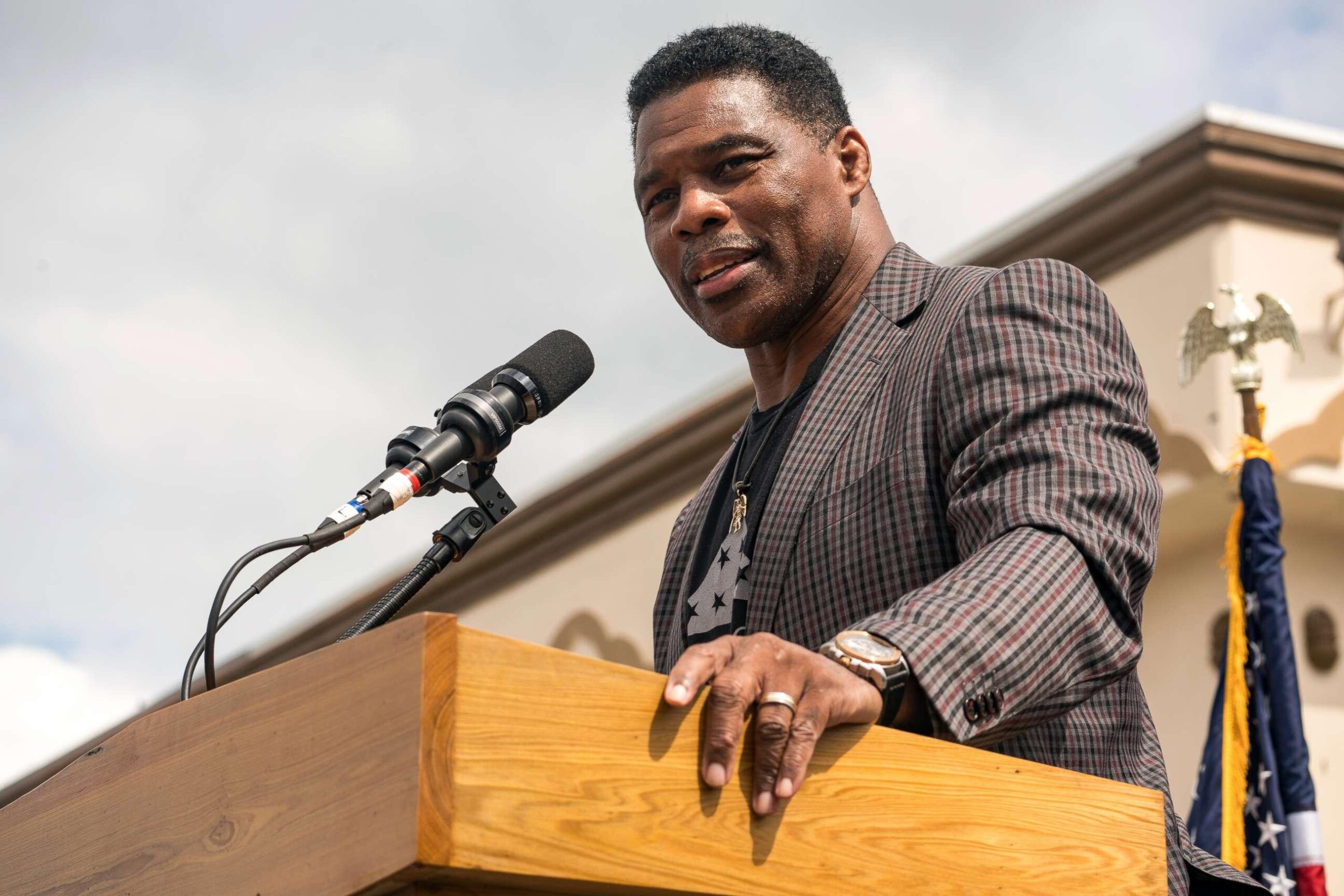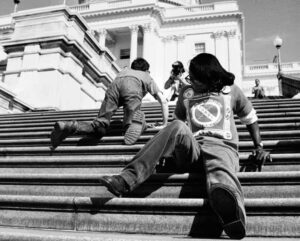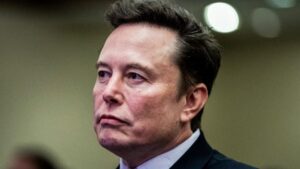In the ever-evolving landscape of political appointments, former football star turned political hopeful Herschel Walker finds himself at the center of an unexpected diplomatic nomination. President Donald Trump’s recent proposal to appoint Walker as the United States ambassador to the Bahamas has raised eyebrows and sparked conversations about the intersection of sports, politics, and international diplomacy. This unconventional selection promises to add another intriguing chapter to Walker’s already remarkable journey from gridiron glory to the political arena. In a surprising diplomatic move, former President Donald Trump has put forward Herschel Walker as his nominee for the ambassador position to the Bahamas, signaling a controversial yet intriguing selection that has sparked widespread discussion across political circles.
Walker, best known for his illustrious football career and recent high-profile Senate campaign in Georgia, represents an unconventional choice for a diplomatic role. Despite lacking traditional diplomatic experience, his connection to Trump and prominent Republican networks positions him as a potential candidate who could bring a unique perspective to international relations.
The nomination comes on the heels of Walker’s unsuccessful Senate bid against incumbent Raphael Warnock, where he garnered significant attention but ultimately fell short in a closely watched race. This ambassadorial nomination could be viewed as a potential rehabilitation of his political profile and an opportunity to leverage his national recognition.
Diplomatic experts have raised eyebrows at the selection, questioning Walker’s qualifications for such a nuanced international role. The Bahamas, a strategic Caribbean nation with complex geopolitical dynamics, typically requires ambassadors with extensive diplomatic training and international relations expertise.
Trump’s selection of Walker appears consistent with his historical approach of nominating individuals from outside traditional diplomatic channels, often prioritizing personal loyalty and shared political alignment over conventional diplomatic credentials.
The potential ambassadorship would represent a significant transition for Walker, moving from the high-energy world of professional sports and political campaigning to the more measured realm of international diplomacy. His athletic background and connection to Trump could potentially offer unique advantages in building informal relationships and navigating complex bilateral discussions.
Walker’s potential confirmation would require Senate approval, a process that could prove challenging given the current political landscape and potential scrutiny of his qualifications. Republican supporters argue that his name recognition and direct communication style could be assets in representing American interests.
The Bahamas, a crucial Caribbean ally with significant tourism and economic ties to the United States, would serve as an important diplomatic post. Walker’s ability to adapt to the nuanced requirements of international representation remains a subject of speculation and debate.
As the nomination unfolds, political observers and diplomatic circles continue to analyze the potential implications of this unexpected selection, watching closely to see how Walker might navigate the complex world of international diplomacy.







